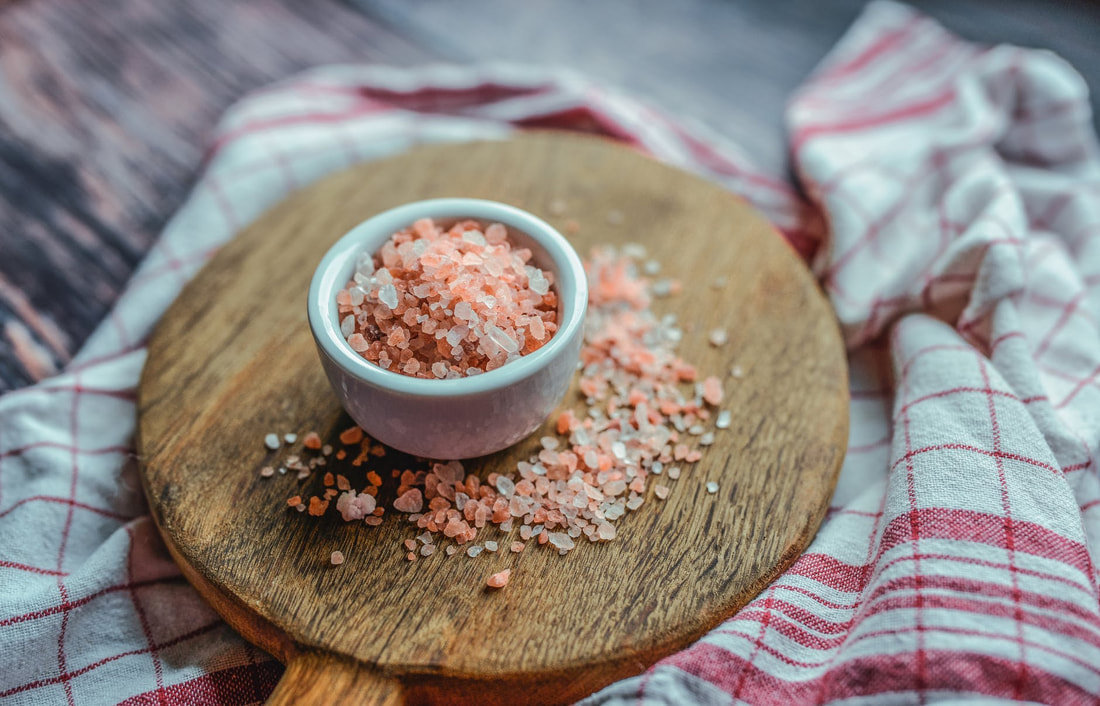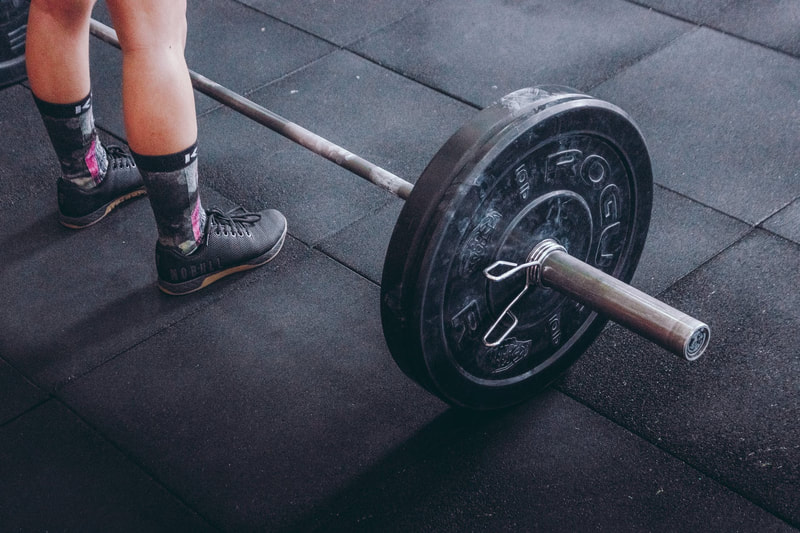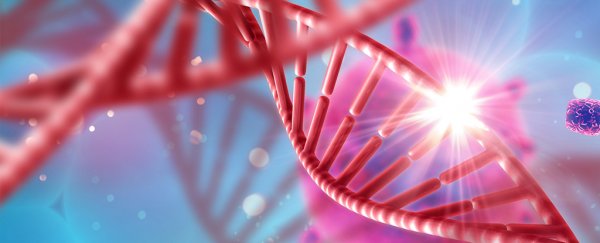|
4/2/2020
Why You Need Sodium on a Fast Like magnesium, Sodium is an essential nutrient, meaning you have to get it from food or supplements, your body can’t make it on its own. Your body needs sodium to maintain fluid volume and blood pressure, to transport other nutrients, to keep your muscles contracting and functioning properly, and to send signals from your nervous system. When carbohydrates are restricted or removed from the diet, your kidneys start to excrete more sodium and along with it, extra fluid. The increased sodium losses can be explained by increased excretion of ketone bodies, as well as the increase in glucagon and decrease in insulin levels. Symptoms of low sodium Common symptoms of low sodium levels include headaches, lightheadedness, dizziness, fatigue, nausea and muscle cramps. If you’re one of those people who gets headaches when they fast, it’s likely due to one of two things: caffeine withdrawal (if you’ve cut out coffee), or an electrolyte deficiency. Similarly, if you’re battling fatigue, it would be easy to attribute that feeling to your lack of food, but it may actually be due to lack of sodium… which is good news, because you can supplement with sodium without breaking your fast. Supplementation The federal guidelines for sodium consumption set a limit at 2,300 mg daily, but others have argued that ~3500 mg is closer to what our bodies actually need. During times of food deprivation, studies have shown negative sodium balance usually occurs on the 2nd day of a fast. But sodium excretion from the kidneys can start as soon as your fast begins. In one study, cumulative sodium loss was estimated at 7,475 mg over 7 days with a daily peak urinary sodium loss of 1,564 mg on day 3. So, 2-3 grams of sodium per day is probably a good starting point for supplementation during a fast. For context, there’s about 1.7 grams of sodium in a teaspoon of pink himalayan sea salt, and a little over 1 gram of sodium in a typical serving of bouillon (half a cube). If you exercise during your fast, you may need even more sodium to compensate for what you lose to sweat. Volek and Phinney recommend that you consume one additional gram of sodium within the hour before exercise to account for any extra losses. So, to keep our math up to date: if you’re exercising during a fast, that would mean 3-4 grams of sodium per day, with a gram of that being consumed before you work out. You can supplement with sodium however you like so long as the calories remain minimal. The most common forms include bouillon, mineral water, and salt tabs. A lot of us at Zero like a mug of low-calorie bouillon at mealtimes to replace the ritual of food. We’ve also been known to chew on pink Himalayan salt crystals to give our teeth something to do. When you shouldn’t supplement with Sodium It’s important to note that there are certain populations who should tread a bit more cautiously with sodium. No matter why you’re fasting, it’s a good idea to discuss your diet and supplements with your healthcare provider. Where sodium is concerned, it’s especially important if you have a history of kidney disease, blood pressure issues, heart failure, or if you’re pregnant or on diuretics. Supplementing with magnesium and sodium can make your fast a lot happier. For magnesium, you’ll likely want to supplement just above 100% of the RDA. You’ll also want several different molecular forms including one or two types of slow-release mag (you may see this on the label as ZumXR or Sucrosomial Magnesium) to maintain a steady drip of magnesium in your bloodstream, and to avoid any GI distress. For sodium, you’ll want 2-3g per fasting day if you’re not exercising, and 3-4g if you are. 4g is about 4 servings (or two whole cubes) of bouillon, depending on the brand, or 2.5 tsp of pink himalayan Sea salt. If you’re exercising, have a mug of bouillon or chew on a few salt crystals in the hour before your workout. |
Archives |
CONSCIOUS ALIGNMENT
© COPYRIGHT 2024. ALL RIGHTS RESERVED.





